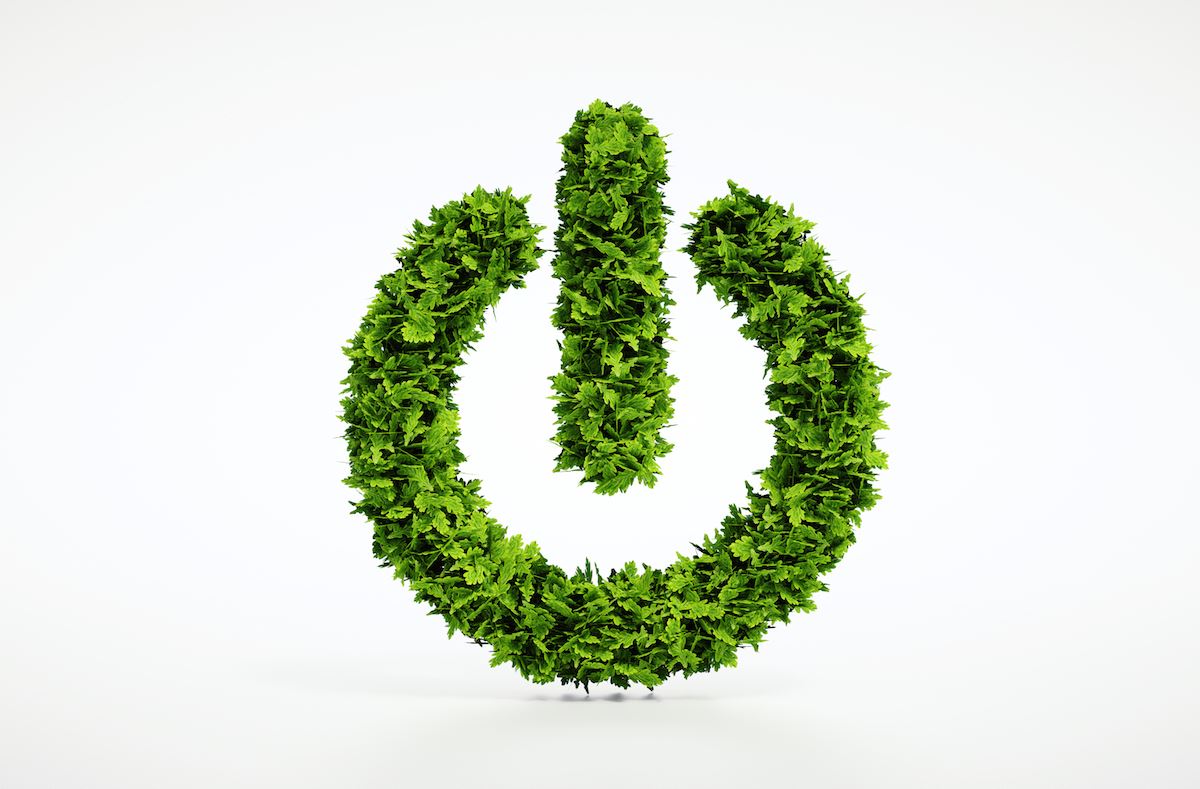
The Clean Energy Target has been replaced by the National Energy Guarantee, Elon Musk built a giant lithium battery in South Australia, Tony Abbott thinks Global Warming might be a good thing, and our power bills keep climbing. With such a sustained hold on the news cycle and glaringly obvious (and serious) issues at stake, frustration and fatigue at energy policy is understandable.
When we’re being inundated with doomsday statistics and the political merry-go-round on policy, it’s difficult to feel as though consumers have any control or influence. However, as we discovered, options exist and we don’t necessarily have to sacrifice profitability or reliability to make the transition to sustainability.
WE EXPLORED:
- The current state of energy in Australia and how we compare globally
- The role of government and policy
- Economics and the power of the consumer
- Opportunities for businesses
- Predictions for the future
WITH PANELISTS:
TOP TAKEOUTS
- There are currently three coal-fired generators in Victoria, and over 300 registered generators supplying 97% of the electricity to the NEM. The remaining 3% is supplied by the 1.6 million homes and businesses that have installed solar panels on their roofs.
- Renewable technology is now not only sophisticated enough to be commercially viable, it is also presenting as an essential alternative option for businesses that want to grow but can’t because the grid can’t support the supply of additional power.
- There are approximately 66 square kilometres of industrial roof space in Victoria. If all of those roofs were covered with solar panels, they would contribute a third of the NEM electricity supply.
- The shift to renewable sources can feel like falling off a cliff. The good news is that while, like any systems change, the transfer is falling off a cliff, the cliff is actually not terribly high, and it’s becoming more dangerous not to jump.
- Renewable tech is now sophisticated enough that it has the potential to generate enough power to offset cost increases and even capitalise by storing additional power and off-selling to the retailer.
- Sustainable Melbourne Fund are working with businesses to finance sustainable projects, providing flexibility in loan terms to bring forward commercial viability, ensuring positive cashflow sooner.
- Renewable means more than solar. Biofuel Innovations conducts research into waste valorisation streams, providing businesses with a locally-produced alternative to fossil fuel diesel.
- Seek transparency - having access to digestible data on your energy consumption and billing is key to making informed choices on retailers and energy sources.
- Companies like BidEnergy and GreenSync are demystifying convoluted price structures and billing, by offering businesses data aggregation and automation to help minimise costs.
- Take the opportunity to lean on your suppliers and peers to use renewable energy.